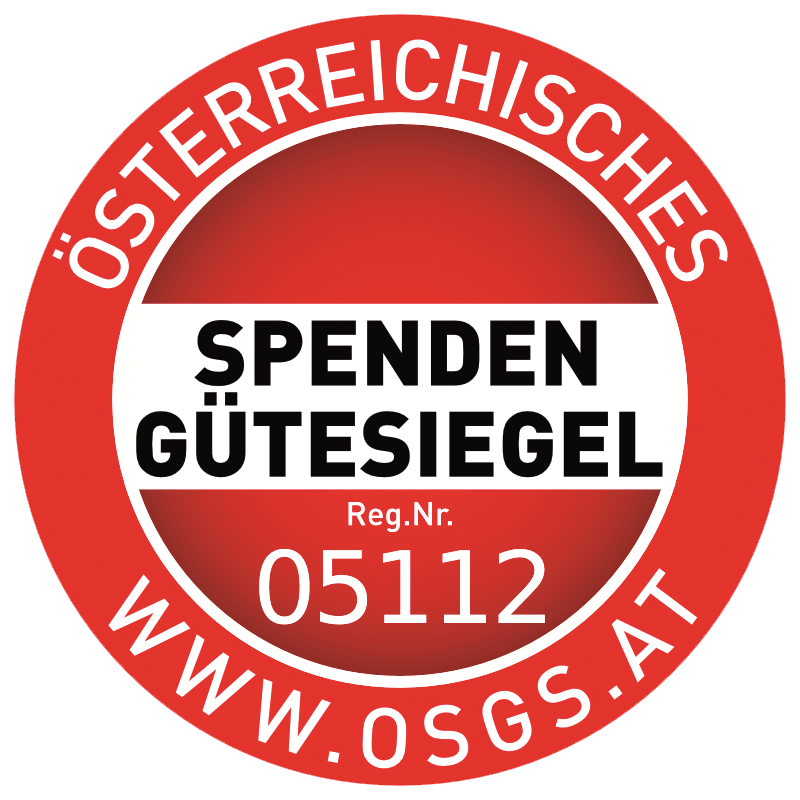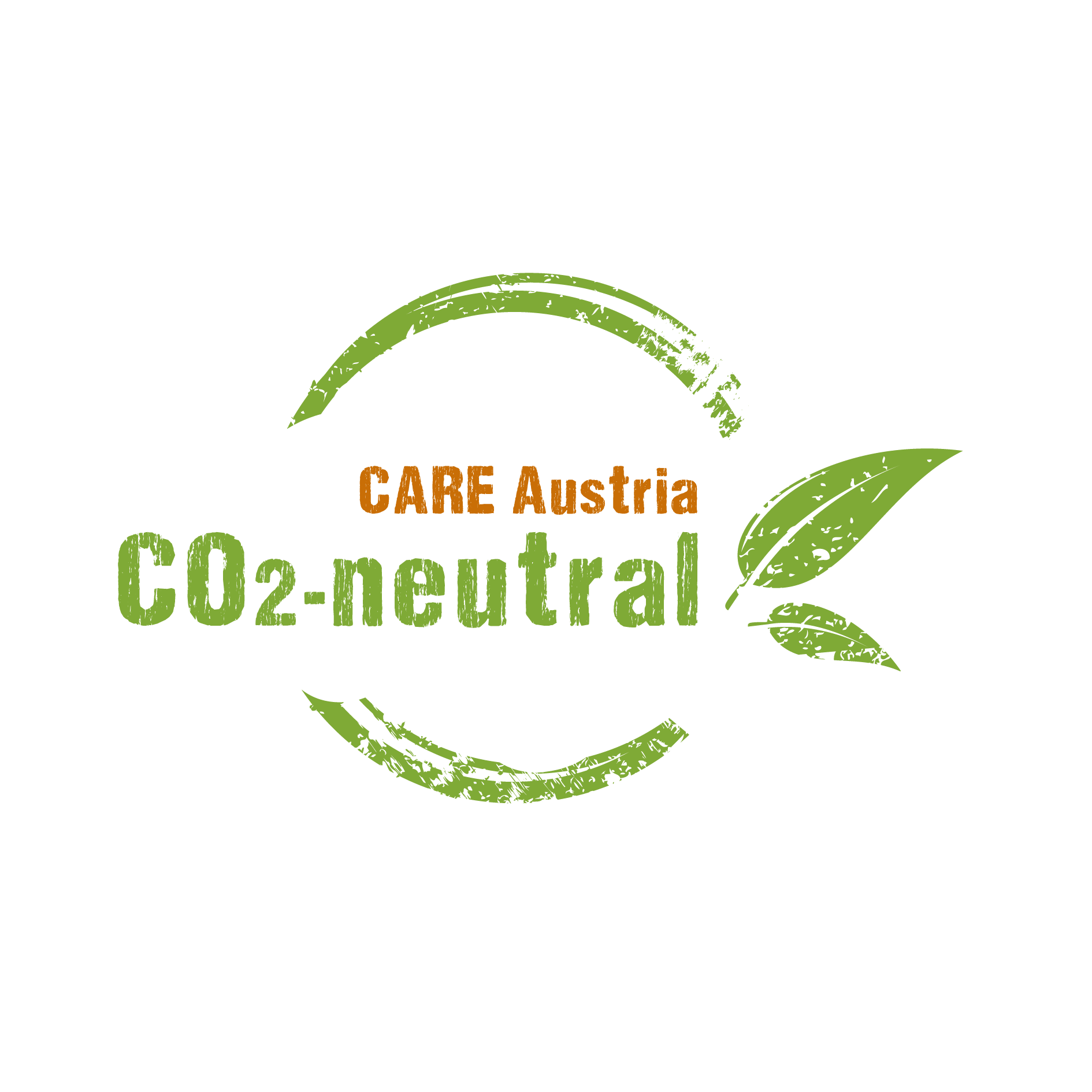Food Systems Transformation in Southern Africa for One Health (FoSTA-Health) – AUT930
Across southern Africa, a combination of environmental and climatic changes, and external shocks (such as the COVID-19 pandemic) place considerable stresses on governance systems, food systems and supply chains. These multiple crises are creating new challenges related to human, animal and environmental health, and are exacerbating the current global food crisis.
CARE Austria, as part of the FoSTA Health consortium, aims to develop ambitious and inclusive visions of food systems transformations, and solutions for positive outcomes for human, animal, and environmental systemic health (One Health) in southern Africa. The focus will be on the transformations within and out of maize production, of land and water use, and from domestic to export markets, as well as diet diversification and transformation.
Women and girls play a key role in food production and preparation, particularly as smallholder farmers. CARE Austria provides expertise to ensure a gender-responsive approach throughout the project, ensuring that the suggested transformation and solutions are responding to the needs and capacities of all genders and consider potential risks, such as gender-based violence. The findings will be promoted through communication and advocacy.
In the project, CARE Austria works closely with CARE’s Global Team on the Right to Food, Water & Nutrition and Country Offices in Malawi and Zambia to ensure that the experiences and expertise of CARE’s projects will be included in the research and that the findings will benefit local communities.
Objectives
1. Strengthen trans-disciplinary and contextual understandings of the interactions between human, animal and environmental health at multiple food systems scales;
2. Parameterise and simulate these interactions, within a novel integrated and participatory modelling framework, to explore pathways of food system transformation across time (including against a context of changing climates and other external shocks including political instability) and space;
3. Co-develop and collectively evaluate (against local, national and global One Health objectives) promising and novel management strategies, policies, and governance approaches that have the potential to catalyse transformative food systems change;
4. Collaborate with a diverse range of stakeholders to understand varied experiences of, and priorities for, transformation and how it can equitably be brought about in different contexts;
5. Establish and strengthen long-term, trans-disciplinary communities of learning (inclusive of diverse stakeholders, academics, and food systems decision makers) to take forward evidence-based, sustainable and equitable transformative food systems change for One Health outcomes across southern Africa.
Main activities of the FoSTA-Health project
- Participatory analysis and modelling of localised one health interactions in Malawi and Tanzania (directly involving 200 farming households in each country);
- Establishment of transformation case study stakeholder groups to participate in the co-development and co-analysis of integrated modelling of pathways of agricultural transformation;
- A comprehensive evaluation of regulation and standards across the value chains for fresh fruit and vegetables (including for EU export) in southern Africa published and shared across industry and relevant government ministries;
- National level policy dialogues, and sustained engagement with Government representatives (equating to meaningful and ongoing dialogue with 20 government departments across 4 countries);
- Ongoing engagement and sensitization of a range of private sector partners (via the Southern Africa Business Development Forum), which includes the hosting of a regional One Health Business, Trade and Regulation forum.
Expected Results
ER 1. A built understanding of system dynamics and the implications of different transformation pathways for human, animal and environmental health;
ER 2. Co-developed action plans for food systems transformation that achieves positive One Health outcomes.
Location
Malawi, South Africa, Tanzania, and Zambia
Beneficiaries
- 400 farming households;
- 100 agricultural extension and public health service providers;
- 200+ food supply chain industry representatives;
- Local communities, farmers, producers, food processors, retailers and consumers in: Southern Malawi; Gauteng, South Africa; Tanga District, Tanzania; Central Province and Lusaka, Zambia;
- Food production, processing, manufacturing, supply chain logistics and retail industries (within the SABDF network) from across southern Africa;
- National ministries in Malawi, South Africa, Tanzania and Zambia;
- Secretariats of regional government bodies: African Union, SADC, COMESA.
Duration
42 months
Total Budget
€ 4,117,592.75
Donors
Horizon Europe (EU)
This project contributes to the following sustainable development goals (SDGs):










